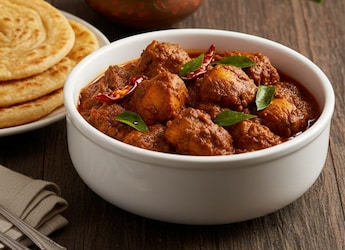Chawal with dal defines comfort for all. A staple in almost every part of India, it is probably one of the easiest foods to make and eat. White rice is versatile and has various recipes to its credit. From its inclusion in a dosa batter to whipping up a bowl of appetising biryani and kheer, white rice has several culinary usages. But did you know that this all-rounder ingredient is linked to an increased risk of diabetes? A new study claims so. An international research, conducted in collaboration with 21 nations, has found that white rice is not as healthy as it seems. This large-scale study was a part of the multinational Prospective Urban Rural Epidemiology (PURE) study.
The researchers analysed data on rice consumption of 132,373 individuals from the 21 nations for a span of 10 years. The nations include India, China, North America, South America, Europe and more. The participants were aged between 35 to 70 years.
The researchers found, “Higher consumption of white rice is associated with an increased risk of incident diabetes with the strongest association being observed in South Asia, while in other regions, a modest, non-significant association was seen.” The findings were published in the journal Diabetes Care.
An earlier (2012) study by researchers at the Harvard School of Public Health also found that each serving of about a cup of cooked white rice daily may lead to an 11 percent higher risk of developing diabetes. The findings, published in the British Medical Journal, further stated that people who ate the most rice experience a 27 percent boost in the diabetes risk.
Considering the findings from both the studies, we say that rice can still be a part of every person's diet, but in moderation.
